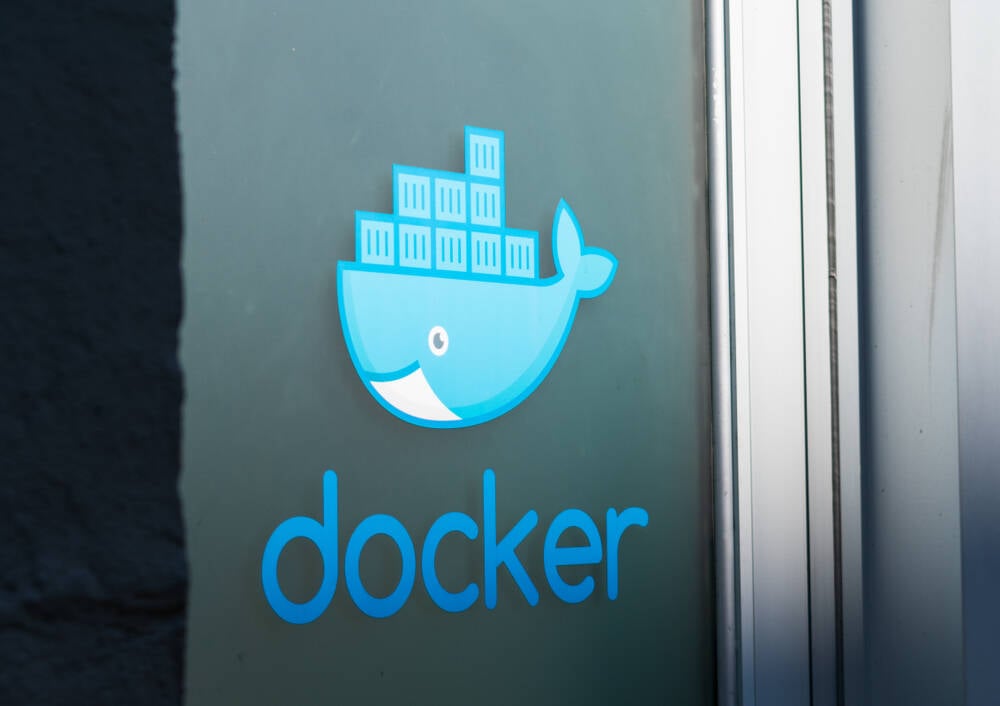
Docker has delayed its plan to limit image pulls – the downloading of container images – from Docker Hub, by one month and has altered previously published quotas. The containerization outfit announced its plan to adopt consumption-level pricing for Docker Hub, its Docker image repository, back in November 2024. The plan was to take effect on March 1, 2025, but it has been pushed back to April.
"Docker Hub’s upcoming changes are focused on maintaining a reliable and scalable platform for all developers while ensuring flexibility for teams that rely on Docker in their workflows," spokesperson David Oro told The Register Friday. "As we continue to focus on delivering the best possible experience that makes users want to stay with Docker, we’re making important changes to our previously announced pull limits and storage policies. "First, we are extending the date of Docker Hub plan changes from March 1, 2025 to April 1, 2025.

We are in the process of communicating this with our customers today. "These adjustments reflect our commitment to ensuring Docker Hub remains a reliable, scalable, and developer-friendly platform while giving users more flexibility in how they access and manage their resources." As previously announced, unauthenticated netizens using the service will be limited to 10 image pulls per hour, per IPv4 address or IPv6 /64 subnet.
According to Oro, that only limits about seven percent of Docker users. All paid Docker subscribers will have unlimited image pulls with no consumption-based charges or rate limits Personal (authenticated) accounts, which are currently free, were to top out at 40 image pulls per hour. That has now been revised upward to 100 image pulls per hour.
Pro, Team, and Business accounts (all authenticated) have no hourly limitation. The plan had been to impose monthly pull limits of 25,000, 100,000, and 1 million, on Pro, Team, and Business accounts, respectively, which are paid-for plans, and that appears to be off the table for now, too. "All paid Docker subscribers will have unlimited image pulls with no consumption-based charges or rate limits," said Oro.
Similarly, Docker had planned storage-based billing but that's been suspended for a while. "Storage pricing is delayed indefinitely," Oro said. "Before introducing any changes, we’re focusing on providing better tooling for managing storage, and if charges are implemented in the future, we will give users at least six months' notice.
" Open source projects may qualify for the Docker Sponsored Open Source program , which is subject to different terms. Docker, despite having a huge influence on software development and deployment practices since it became a US company in 2010, has faced challenges developing a sustainable business. In 2018, industry observers doubted Docker would survive.
The container pioneer sold its enterprise business to Mirantis in 2019 and hired Scott Johnston as CEO, pivoting to focus on serving software developers. In 2021 , Docker added Personal (free) and Business ($21 per month) account tiers to its existing Pro ($5 per month) and Teams ($7 per month) offerings. Since then, prices have crept up.
There was a price increase in October 2022 – the Teams subscription rose $2, to $15 per month and Business subscription went up by $3, to $24 per month. Docker's November 2024 announcement raised prices further – Pro accounts went from $5 to $9 per month. These are the prices with an annual commitment.
Earlier this month, Docker announced a new CEO, Don Johnson, who served previously as executive vice president of Oracle Cloud Infrastructure. Investors in the privately held container firm, valued at about $2.1 billion in 2022 , presumably would be pleased if their new corporate leader remade Docker in the image of Oracle.
Whether Docker customers would welcome Oracle-inspired revenue strategies is less certain. ® Editor's note: This article was revised soon after publication as Docker earlier told us storage pricing had been delayed for another year, and has now informed us it is being delayed indefinitely. We're happy to make that clear.
.















